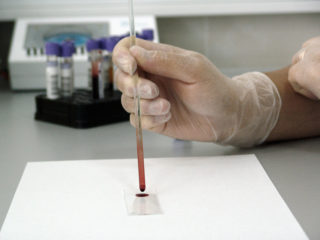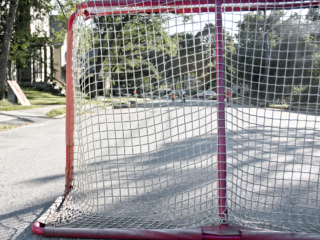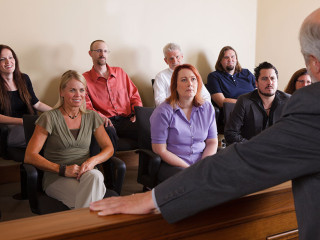Superior Court rules Plaintiff will not be compelled to attend neuropsychological assessment by defence as a result of the Plaintiff’s impairments and inability to complete the assessment.
Date Heard: September 22, 2017 | Full Decision [PDF]
This was a motion brought by the Defendants to adjourn an upcoming pre-trial and to require the attendance of the Plaintiff at a neuropsychological assessment.
The Plaintiff, who had been found catastrophically impaired, had attempted to attend a defence neuropsychological assessment on three prior occasions. At each assessment the Plaintiff was ultimately unable to complete all of the required testing due to fatigue and headaches caused by the evaluation. These symptoms necessitated several extended breaks during the assessments. The neuropsychologist retained by the defence estimated that it would take a further 5-6 hours to complete their evaluation. While the Plaintiff had seen another neuropsychologist, he was not subjected to a complete assessment and was able to complete this less intense evaluation.
Justice Di Luca ruled that the Plaintiff would not be compelled to attend to the neuropsychological assessment, provided the Plaintiff undertook not to seek a neuropsychological report of his own.
Though both parties agreed that the nature of the Plaintiff’s injuries generally warranted a neuropsychological assessment, the Plaintiff argued that in this specific case, such an assessment should not be ordered. The Plaintiff noted that several treating professionals had identified his risk of self-harm which would be magnified by the prolonged and intrusive nature of the proposed examination. The Defendants maintained that such risk could be averted by allowing for a variety of accommodations during the assessment. The Defendants also put forward the argument that they should not be deprived of the assessment simply because the Plaintiff has not retained a neuropsychological expert of his own.
In reaching his conclusion, Justice Di Luca noted that the Plaintiff had struggled to complete a number of the assessments he had already been sent to. It was also noted that the Plaintiff was unable to complete his examination for discovery as a result of his impairments. Justice Di Luca held that even with the accommodations suggested by the Defendants, the neuropsychological assessment was simply too risky:
I am also cognizant of the fact that the Defendants have offered, and continue to offer, any necessary accommodations to ease the impact of the testing. These accommodations include using hotel rooms and neutral meeting spaces near Mr. Ngo’s home, breaking up the sessions into shorter sessions, providing transportation and providing frequent rest breaks. In many cases, these types of accommodations would be sufficient to alleviate any concerns regarding the impact of the testing: see Biehn v. Rayle, [2015] O.J. No. 3007 (Ont. S.C.J.). In this case, in view of the fact that several accommodations have already be attempted without success, I am not satisfied that further accommodations will make the testing tolerable. Unfortunately, it appears that the testing is simply too onerous and risky for Mr. Ngo.
In arriving at this conclusion, Justice Di Luca emphasized both the Plaintiff’s risk of self-harm and his repeated attempts at completing the proposed neuropsychological assessment. Though Justice Di Luca did not order the Plaintiff attend an assessment on this occasion, he emphasized that the motion was dismissed without prejudice to the Defendant’s ability to raise this issue again should the Plaintiff’s condition improve.
Read the full decision [PDF]











